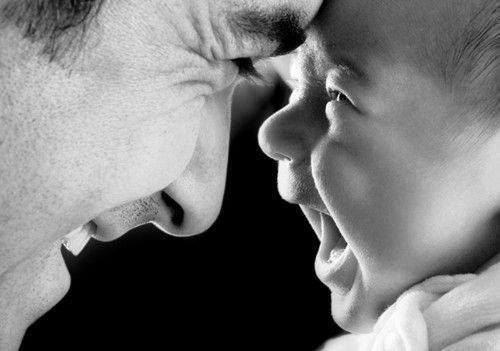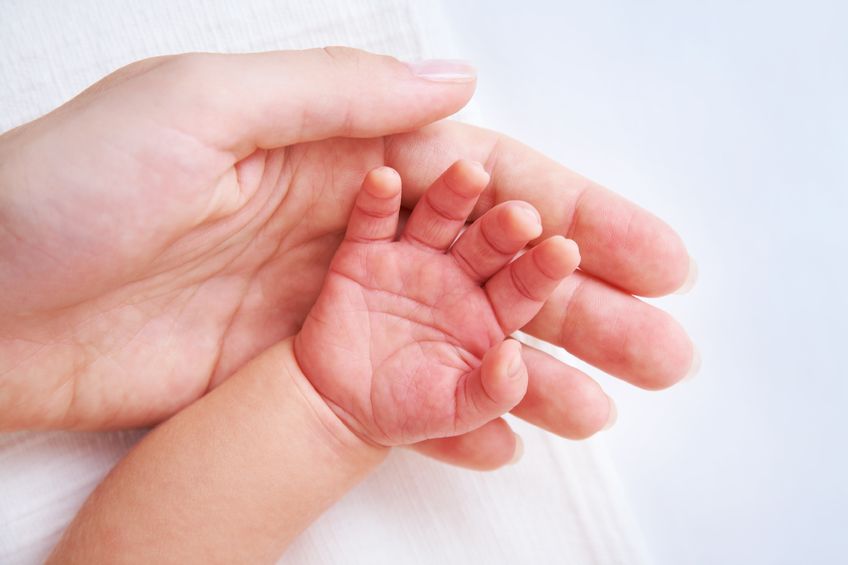Nurturant Men, Successful Kids: You Can Help. Children benefit immensely from affectionate interaction with both parents. Dr. Michael Lamb, author of The Role of the Father in Child Development says, “A warm, affectionate father-son relationship can strengthen a boy’s...
Nurturant Men, Successful Kids: You Can Help.
Children benefit immensely from affectionate interaction with both parents. Dr. Michael Lamb, author of The Role of the Father in Child Development says, “A warm, affectionate father-son relationship can strengthen a boy’s masculine development. A nurturant father is a more available model than a non-nurturant father. the nurturant father’s behavior is more often associated with affection and praise and acquires more reward value. Thus a boy with a nurturant father has more incentive to imitate his father than a boy with a non-nurturant father.”
Girls, too, need wholesome bonds with their fathers. The Berkeley Longitudinal Study indicates that the women who are most healthy and well adjusted as adults grew up in homes with two loving, involved parents. The most successful women in the study had fathers who valued femininity and encouraged competency, who were both warm and affectionate with their daughters and supportive of their efforts toward independence.
Massage is a quality experience for parents and infants, from which both benefit immensely. The baby learns that Daddy can touch him gently and lovingly, that Daddy, too, is someone he can count on to help meet his physical and emotional needs. A father who realizes these qualities in himself as a result of the massage experience is certain to have his confidence as a parent substantially boosted.
The most important process that evolves from regular massage of a newborn by his father is bonding. Just as breastfeeding provides consistent reinforcement of the bonding process for mothers — with it cuddling, skin contact, and face-to-face communication — so massage can be just the thing to keep a father literally “in touch” with his baby. Fathers who massage their babies regularly throughout infancy later recall that massage time with fondness.
“I’ll never forget how my son would wiggle and smile when he heard the oil swishing in my hands,” said Ron, father of seven-month-old Jason. “It’s going to be fun to tell him about it when he gets older and to remind him of it when he has his own kids. Heck, maybe someday I’ll massage his baby too!”
That is a quote from a father in one of my classes in 1977. Checking back with him, he still remembers “baby massage time” fondly, and has told me that his son has two teenagers now, and he is looking forward to teaching them when they have kids. He says he talks about it often, and his daughter brags that “Dad learned how to massage me as a baby — he learned from that famous lady that wrote the book!”
As a new father, you may have to use some creativity to structure your time to allow for the twenty to thirty minutes you will need to massage your baby. The best time is usually the morning of your day off, when you can relax unhurriedly. After learning the basic techniques from your wife, this book, and/or a class, you should be alone with your baby for the massage. It is better not to have both parents massaging the baby at once, as this can give your infant mixed signals and make her uncomfortable.
In the beginning, proceed very gently, massaging only the legs and feet. You may have a sense of being too strong or too inexpert to massage your baby, your hands too big or rough. Nearly everyone is a little clumsy and nervous in the beginning, just feel the connection between the two of you, and concentrate on relaxing your body and letting your love go to her. When that feels more comfortable, you can begin a simple stroking, stopping now and then to just hold and relax. Don’t worry about being too “big;” your baby recognizes your special way of handling him.
Remember to make all your movements very smooth and slow, almost like slow motion. Talk or sing softly, make eye contact when baby is ready, and in general follow the baby’s rhythms of communication. As time goes on and your baby becomes familiar with your touch, you may want to spend more time and move on to other parts of the body, developing your own special massage techniques.
If you would like to learn, you can get my book:
http://www.amazon.com/Vimala-Schneider-McClure-Infant-Massage–Revised/dp/B00N4EKZJK/ref=sr_1_2?s=books&ie=UTF8&qid=1438282581&sr=1-2&keywords=infant+massage+a+handbook+for+loving+parents+by+vimala+schneider+mcclure
or find a class:
http://www.infantmassageusa.org













